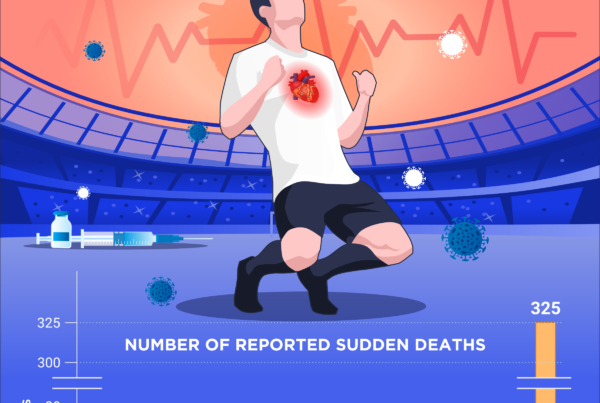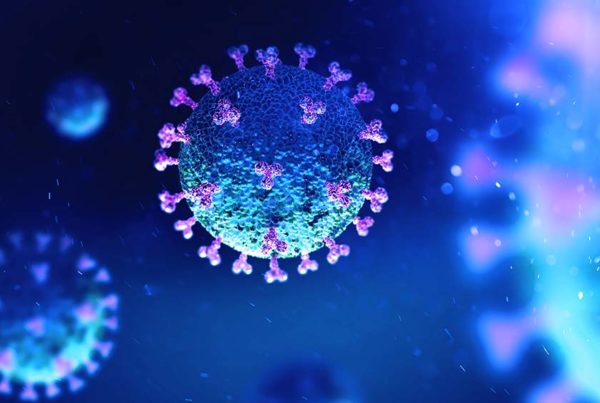
Physical activity can work wonders for those suffering from depression and anxiety, as well as neurological, mood and eating disorders.
The media is buzzing over the so-called new research from the University of Vermont showing significant positive results to exercise in an inpatient psychiatry facility. The clinicians found that 95 percent of patients responded with positive results.
The study by Tomasi and colleagues says that as a treatment exercise is so effective it can reduce therapy times and reliance on medication. The authors write that exercise can help “promote more empowering, dynamic, dialectic, holistic, and adaptive psychological (cognitive) and physical (somatosensory) strategies to well-being.”
In other words, movement makes brains work better.
This research reminds us again of the power of exercise, a therapy I’ve used professionally, and personally, throughout my career.
Whether a complement or not, exercise can be a significantly helpful mental therapy, especially if it can reduce or eliminate the use of meds. Beyond high costs, drugs are often accompanied by serious side effects, including falls, cardiovascular events, fractures, epilepsy, hyponatremia, and increased risk of dementia and death.
While this is not new information, the importance of this and similar studies helps confirm and build a consensus about what we’ve known for decades. It’s even more vital to encourage health practitioners — as well as individuals seeking self-care — to embrace this therapy and appreciate the value of increased physical activity for better brain function. Just as important, if not more so, is that exercise is a key preventive measure to help reduce the prevalence of mental distress.
No matter the terminology, from neurological disorders and substance-abuse, to anger, psychomotor agitation and muscle tension, one factor is clear: mental dysfunction represents one of the greatest global burdens of disease. And, most of these conditions are not only preventable, but can be successfully treated with conservative and even self-care approaches through simple, natural lifestyles. Moreover, the latest research (JAMA Intern Med, June 2019) shows many of the meds used to treat mental distress, including some antidepressants and antipsychotics, can further harm the brain, significantly raising the risk of dementia.
Physical Activity
It was clear to me in private practice from day one that mental health was a primary problem in many patients who complained about pain, intestinal distress, headaches, and even their athletic performance. So one key therapeutic approach was initiating or adjusting the patient’s physical activity level to match their brain’s individual needs.
Just how exercise can help mental health is very simple. The muscles and brain communicate through the nervous system, with physical movement and thinking intricately related, influencing each other in a bidirectional way. The brain affects muscles to move the body, which in turn influences mental function. (Most likely, this is due to each sharing a similar evolutionary history.)
So it’s no surprise that the brain and all our muscles can help each other as a single neuromuscular system, giving rise to therapeutic actions in both directions. This effect is so powerful it has even proven effective in helping people with autism and other neurological issues.
As a synchronous, rhythmic, purposeful movement, walking is the most common exercise I’ve recommended for both brain and body. Surprisingly, it’s neurologically complex and sophisticated, in particular in helping brain development, not just in youth, but for healthy aging. Yes, it’s the simplest of workouts to perform. In addition to more structured exercise periods, it makes sense to encourage more walking in our daily lives — it can even help athletes run or bike better, and improve virtually all aspects of human performance, not to mention overall health.
Where best to walk our brains? In short, anywhere safe, but especially in an enjoyable environment. The natural brain feels most at home walking through nature, so why not combine two powerful healthy activities — walking and being in nature. Rural residents can usually just go out their doors and walk, while urbanites may have to get to a park, along a river or similar location.
Like poor diet and inactivity, we can actually be deprived of nature, which can increase stress and impair mental health. A walk in the woods can do wonders. Researchers have long shown that the sights, sounds, smells and overall feel of nature’s pleasant surroundings — especially being among trees — can have a profound effect on the brain. In Japan, scientists have found the practice of shinrin-yoku or “forest bathing” to reduce levels of the stress hormone cortisol. These effects have been shown to last for days.
Reduced movement also can impair brain function throughout the life spectrum, as it renders muscles, and all the structures dependent upon their activities, more dysfunctional. It’s one reason sitting can be a major stress for the body, and brain — including negative effect on cognitive behavior. So with increased inactivity, we may not think, act, learn, create, remember or even adapt as well, nor could our natural brain-body prevent depression, anxiety, and the multitude of other mental health impairments.
On the other end of the activity spectrum, overtraining can also impair the brain. In this case, obsessive exercise behavior is often associated with other mental health problems, especially disordered eating.
While MRI studies show that exercise also has a powerful effect on the brain’s food-cues, nutrition has a greater effect on how well we respond to exercise, and directly on brain function.
Food for Thought
As great as physical movement is for the brain, there’s even better news about a natural lifestyle for mental health problems. Eating healthy food while avoiding junk has a dramatic and often immediate impact on brain function.
In particular, carbohydrate intolerance, CI, can impair the brain, especially when combined with inflammation and excess body fat. CI is strongly associated with a wide variety of mental health conditions, beyond the relatively mild stress people may regularly feel, including:
- Depression
- Anxiety
- Schizophrenia
- Bipolar disorder
- Dementia/Alzheimer’s disease
It’s been known for ages that good food is necessary for optimal mental health. And, the study by Tomasi et al. also included nutritional education.
Nutrition, of course, plays an even more important remedy than exercise for overall health. Consider that research has shown many people who do not respond to anti-depressant medication may have a folate deficiency. In this case, eating more folate-rich foods, especially leafy green vegetables, may help. In some cases, supplements may also be helpful.
Improvements in brain function can occur very quickly following dietary modification — often within the same day. Perhaps more than hunger, weight loss, and increased energy, one very common response by people performing the Two-Week Test is their significantly improved mental state. This may be cessation of symptoms of depression or anxiety, sleep disorders or other mental health complaints, no matter how mild or severe.
Self-Care
While it’s important for all health practitioners to encourage a healthy lifestyle to support mental health, balanced exercise and healthy eating is an especially important feature of self-care — most people can use both to significantly improve emotional well-being, not to mention the many aging benefits. This can help those with limited access to mental health practitioners, as well as people not responding to traditional drug or talk therapies, to reduce the burden of healthcare costs, and increase the patient’s responsibility in their own health and fitness.
Many scientific studies have shown that physical activity and nutrition can dramatically affect one’s mental health state — including improved driving abilities!
This natural approach to mental health care is safe and effective. It works for prevention and treatment, and can complement other possible remedies matching individual needs as part of a holistic approach.
References
Owen L, Corfe B. The role of diet and nutrition on mental health and wellbeing. Proc Nutr Soc.
2017;76(4). doi: 10.1017/S0029665117001057.
Tomasi D, et al. Positive Patient Response to a Structured Exercise Program Delivered in Inpatient Psychiatry. Glob Adv Health Med. 2019. doi.org/10.1177/2164956119848657.
Lundqvist MH, et al. Is the Brain a Key Player in Glucose Regulation and Development of Type 2 Diabetes? Front Physiol. 2019;10. doi: 10.3389/fphys.2019.00457.








